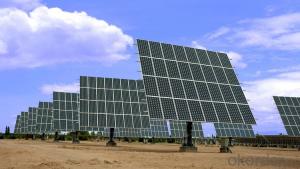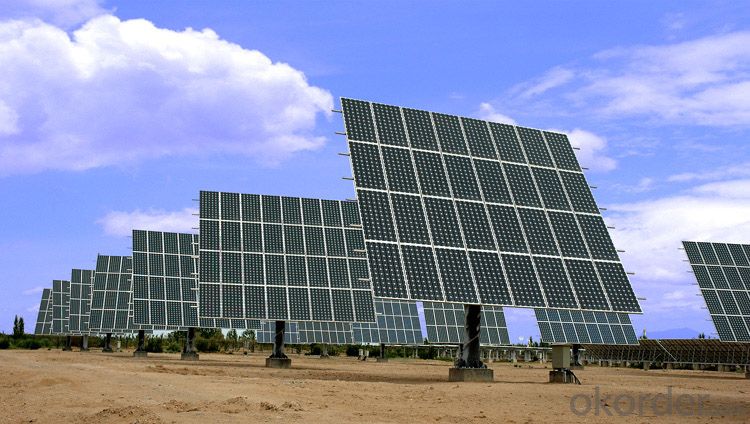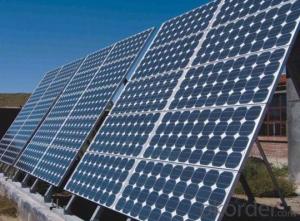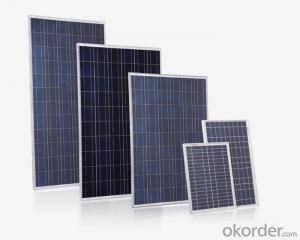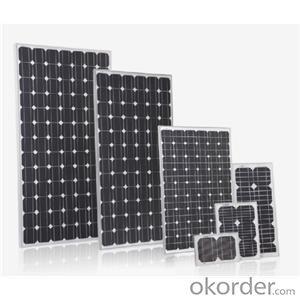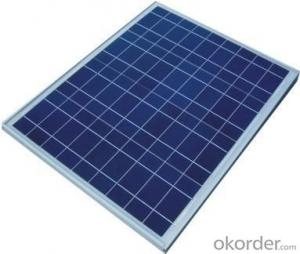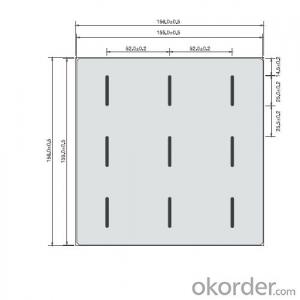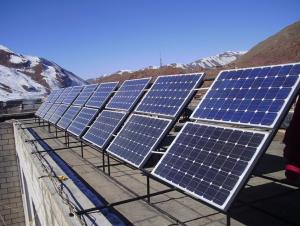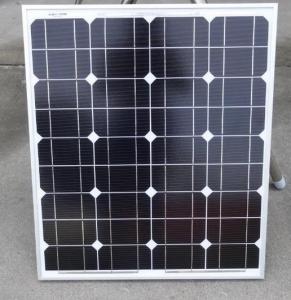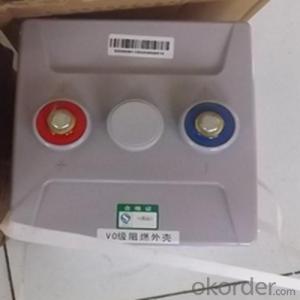Ultra High Efficiency Solar Cells - Favorites Compare 200W Monocrystalline Price Per Watt Solar Panels for Home Use
- Loading Port:
- China Main Port
- Payment Terms:
- TT OR LC
- Min Order Qty:
- -
- Supply Capability:
- 10000000000000 watt/month
OKorder Service Pledge
Quality Product, Order Online Tracking, Timely Delivery
OKorder Financial Service
Credit Rating, Credit Services, Credit Purchasing
You Might Also Like
Quick Details
| Place of Origin: | Guangdong China (Mainland) | Brand Name: | sunshine | Model Number: | sy-280p |
| Material: | Polycrystalline Silicon | Size: | 1960*980*40mm | Number of Cells: | 72PCS |
| Max. Power: | 280W | VOC: | 36V |
Packaging & Delivery
| Packaging Detail: | Crate |
| Delivery Detail: | 30 |
Specifications
1, A grade solar cell
2,Life of 20-35 years
3,Super quality competitve price
4,International Standard
solar panels 280W poly Specification
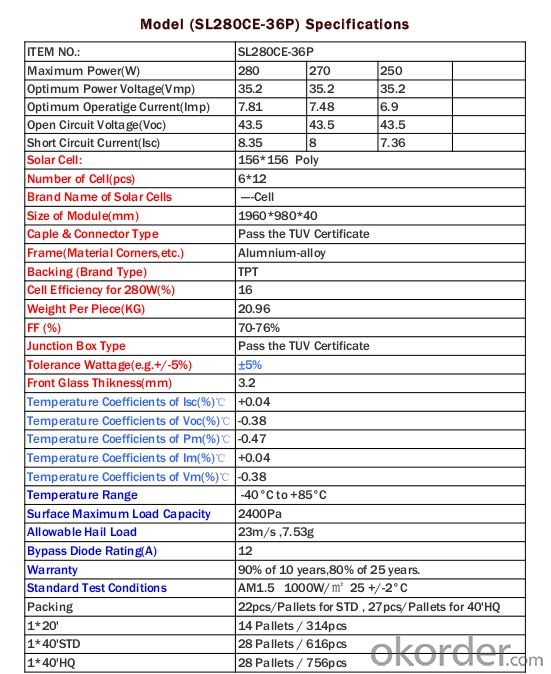
- Q: Can solar cells be used in developing countries?
- Yes, solar cells can be used in developing countries. In fact, they are increasingly being used as a cost-effective and sustainable solution to address the energy needs of these countries. Solar cells provide access to electricity in remote areas where traditional grid infrastructure is unavailable or unreliable. They can power homes, schools, healthcare centers, and other essential services, improving living conditions and fostering economic development. Additionally, solar energy is abundant and renewable, reducing dependence on fossil fuels and mitigating climate change impacts.
- Q: Can solar cells be used for off-grid power supply?
- Yes, solar cells can be used for off-grid power supply. Solar cells convert sunlight into electricity, which can be stored in batteries for use when the sun is not shining. This makes solar cells an efficient and sustainable option for generating electricity in remote areas or locations without access to the power grid.
- Q: What is the impact of electromagnetic interference on solar cell performance?
- Electromagnetic interference (EMI) can have a significant impact on the performance of solar cells. EMI refers to the disturbance caused by electromagnetic radiation from external sources, such as power lines, electronic devices, or radio frequency signals. This interference can disrupt the normal functioning of solar cells and degrade their efficiency. EMI can lead to reduced power output and overall performance degradation of solar cells. The electromagnetic waves can induce unwanted electrical currents or voltages in the solar cell, which can interfere with the normal flow of electrons and cause power losses. Additionally, EMI can introduce noise and create fluctuations in the output voltage or current of the solar cell, affecting the stability and reliability of the system. To minimize the impact of EMI on solar cell performance, various mitigation techniques can be employed. These include utilizing shielding materials or enclosures to block electromagnetic radiation, implementing proper grounding and isolation techniques, and using filters or suppressors to reduce unwanted electromagnetic signals. Moreover, adhering to electromagnetic compatibility standards during the design and installation of solar systems can help mitigate the effects of EMI and ensure optimal performance of solar cells.
- Q: Can solar cells be used in data centers or server farms?
- Yes, solar cells can be used in data centers or server farms. By installing solar panels, these facilities can generate renewable energy to power their operations. However, the feasibility and effectiveness of using solar cells in data centers may depend on factors such as the location, available space, energy demands, and storage capacity. Additionally, combining solar power with other energy sources and implementing energy-efficient practices can further optimize the sustainability of data centers and server farms.
- Q: What is the cost of solar cells?
- The cost of solar cells can vary depending on factors such as the type of technology, efficiency, and quality. Generally, the cost ranges from $0.30 to $0.80 per watt.
- Q: Can solar cells be used in residential applications?
- Yes, solar cells can be used in residential applications. They are commonly used to generate electricity for homes, providing a clean and renewable energy source. Solar panels are installed on rooftops or in yards, capturing sunlight and converting it into usable electricity for various household needs. This helps reduce reliance on traditional power grids and lowers carbon emissions, making it an environmentally friendly and cost-effective solution for residential energy needs.
- Q: Can solar cells be used in desert areas?
- Yes, solar cells can be used in desert areas. In fact, desert regions are ideal for solar energy production due to their high levels of sunlight and low cloud cover. The arid conditions also help keep solar panels clean and free from debris, maximizing their efficiency.
- Q: Is the Photovoltaic cell panel good to save the energy?
- Photovoltaic cell panel, known as solar panels, are assembled by a number of solar modules in a certain way on a plate, usually as a unit of photovoltaic array. They are very good in saving the energy.
- Q: Is the Solar Power Photovoltaic Cells the same as PV cells modules?
- Yes it is, nowadays, we even construct the PV power plant, which is a solar power generation, intelligent temperature control, modern high-tech plant as one of the photovoltaic power generation system.
- Q: How does solar cell technology apply to our daily life?
- The solar cell which can format the solar array generates solar power for daily life usage.
Send your message to us
Ultra High Efficiency Solar Cells - Favorites Compare 200W Monocrystalline Price Per Watt Solar Panels for Home Use
- Loading Port:
- China Main Port
- Payment Terms:
- TT OR LC
- Min Order Qty:
- -
- Supply Capability:
- 10000000000000 watt/month
OKorder Service Pledge
Quality Product, Order Online Tracking, Timely Delivery
OKorder Financial Service
Credit Rating, Credit Services, Credit Purchasing
Similar products
Hot products
Hot Searches
Related keywords
